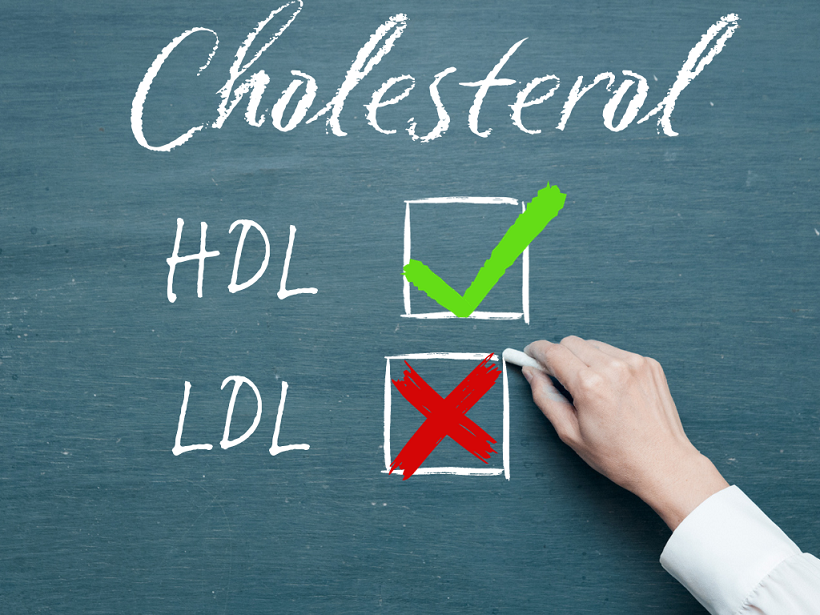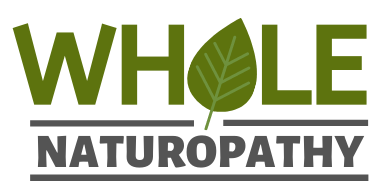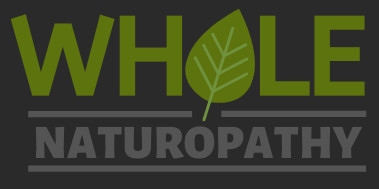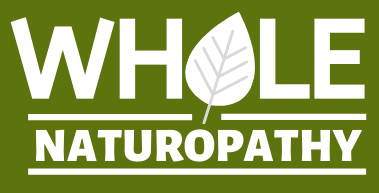
Cholesterol – friend or foe?
Cholesterol plays a vital role in our bodies, serving as an essential part of our cell membranes and helping to regulate various bodily functions. It acts like a building material, providing structural integrity to cell walls and allowing them to function properly. Additionally, cholesterol is essential for the production of hormones like estrogen and testosterone, and fat-soluble vitamins like vitamin D, which control various bodily processes, including growth and reproduction. So, without cholesterol, our cells would not be able to maintain their integrity, and we wouldn’t have the necessary hormones to keep our bodies functioning correctly.
HDL (High-Density Lipoprotein) and LDL (Low-Density Lipoprotein) are two types of cholesterol carriers in your bloodstream, each with distinct roles, and are seen as the following.
HDL cholesterol is often called the “good” cholesterol. HDL molecules pick up excess cholesterol from the walls of your blood vessels and transport it back to your liver. There, the liver can process and remove this cholesterol from your body. This process helps prevent the buildup of cholesterol in your arteries and reduces the risk of heart disease. Conversely, LDL cholesterol has been seen as the “bad” cholesterol. LDL carries cholesterol from your liver to various cells throughout your body. Atherosclerosis is the narrowing and hardening of the arterial walls with the buildup of plaque, this can increase the risk of heart issues and cardiovascular disease. Higher levels of LDL cholesterol are found with atherosclerosis.
But too often only the total cholesterol is examined in a blood test, whereas the ratio between the HDL and LDL cholesterol is much more accurate in determining disease.
Another thing to note is the use of statin drugs for treating high cholesterol. The ‘numbers needed to treat’ is the part of the statistics around how many people need to take the drug for just one person to see a benefit, but when you add to that the number of people that take the drug and experience side effects, the statistics get even worse. For every 10 000 people on statin medication, 19 heart attacks, 9 strokes, and 8 deaths are prevented, yet 15 muscle symptoms, 8 liver events, 12 kidney events, and 14 eye conditions are developed. Fortunately, there are natural ways to improve your blood lipids and cholesterol ratio.
It is interesting that even though it is well established that fibre from fruit, vegetables, legumes and wholegrains reduce cholesterol, there is very little information promoting these foods to prevent high cholesterol. This should be the first place to start. Sugar and refined grains are well established to promote inflammation, as well as impair liver function, and since the liver is where cholesterol is synthesised, it’s role should not be overlooked. Choose natural sugars such as honey, coconut sugar, or natural maple syrup as an alternative, and swap white flour products for wholegrain.
Often, people are often encouraged to reduce the intake of dietary cholesterol despite many studies showing that high levels saturated fats have a greater effect on cholesterol levels than dietary cholesterol itself. In general, our western diets are high in omega 6 fatty acids and low in omega 3 fatty acids. For this reason, fish oil has a great effect on cardiovascular risk, and blood lipids in general.
Along with dietary fibre and oily fish, garlic, ginger and turmeric have all been shown to regulate blood lipid levels, and there are some lovely herbs such as globe artichoke and gymnema. Let us know if you need help with an imbalance in the HDL:LDL. We also and provide dietary, nutritional supplement and herbal medicine to improve your cardiovascular health.




